Funded by the German Federal Ministry of Education and Research (BMBF), within the strategy of its platform Research for Sustainability (Forschung für Nachhaltigkeit, FONA), the INTERFACES project works with four regional projects – COINS, DecLaRe, InfoRange and Minodu – to strengthen the integration, coherence and reach in the area of sustainable land management.
The projects have moved into action in 2023 with a lot of enthusiasm consolidating the research teams in each project and building relationships with communities in the respective study areas. Unlike typical research models that bring in stakeholders at the end of a project for outreach, the four regional projects and the accompanying project have been able to systematically include local stakeholders from kick-off meetings, launching events to various workshops throughout 2023 – the very first full year of the funding phase.
In 2023 COINS, DecLaRe and InfoRange were busy in the field. COINS researchers designed and conducted a socio-economic survey in Senegal and a larger field visit, which included interviews in Ghana, having fine-tuned study sites in the respective countries. A fully operational DecLaRe has ongoing field experiments and surveys are being conducted with first results already available. InfoRange conducted exploratory fieldwork including stakeholder analyses and participatory rangeland mapping. INTERFACES will focus on project implementation in Benin and Ghana, with a visit having taking place in Ghana in 2023 aiming to understand drivers and bottlenecks of innovation implementation.
DecLare has seen progress over the past year with 12 doctoral projects underway. InfoRange has offered intense PhD training to foster transdisciplinary and participatory approaches via Zoom sessions connecting students in Kenya, Namibia and Germany throughout 2024. In the Minodu project, students, practitioners and researchers are collaborating to consolidate knowledge and are organised in three sub-teams based in Berlin, Lomé and Kara. Hybrid courses were initiated on 6 November, featuring 11 modules simultaneously conducted in Germany and Togo involving intercultural collaboration. INTERFACES has also been involved in educational activities over the past year having successfully completed five trainings on gender in research and implementation processes, having established a colloquium series and an e-certificate is in progress to enhance capacity building efforts.
All regional projects organised participatory and inclusive meetings with a variety of stakeholders over the past year. A major multi-stakeholder workshop was organised jointly by INTERFACES, COINS and DecLaRe in Northern Ghana, shortly followed by DecLaRe’s annual meeting in Parakou, which included guests from INTERFACES and DLR-PT. Both Minodu and InfoRange invited community stakeholders at their project launches in early 2023. At the Minodu project’s official launch in Togo more than 100 participants came together creating a forum in which connections could be made with motivated students eager to learn and contribute to on-the-ground change with community stakeholders. This enthusiasm was rolled over into a technical workshop. The InfoRange project had its kick-off meeting in Ngurunit, northern Kenya, and brought together researchers from Namibia, Kenya and Germany in lively dialogue with pastoralist community representatives including herders, livestock keepers, traders, and local governance authorities among other community members. As the accompanying project, INTERFACES organised the first Status Seminar with a keynote by Mr. Johns Muleso Kharika from UNCCD followed by two days of virtually organised closed sessions to facilitate participation across all consortium members in the various projects. INTERFACES also organised a pre-conference workshop at Tropentag on “Researching Sustainable Land Management in sub-Sahara Africa” with participation across all projects. A further highlight for impact-oriented support activities was the launch of the website “Sustainable-Landmangement-Africa.net”.
Innovations derived from local research to improve livelihoods ties the five projects together. Already in the first year of the project’s run, COINS has set up an Innovation Lab in Senegal and DecLaRe is underway with the development of their Decision Support System (DSS). InfoRange screened available ICT tools to support livestock and rangeland management as well as veterinary service. Work is in progress for the INTERFACES led gender-responsive Theory of Change and additionally participatory learning platforms are being developed in collaboration with local stakeholders in Ghana.
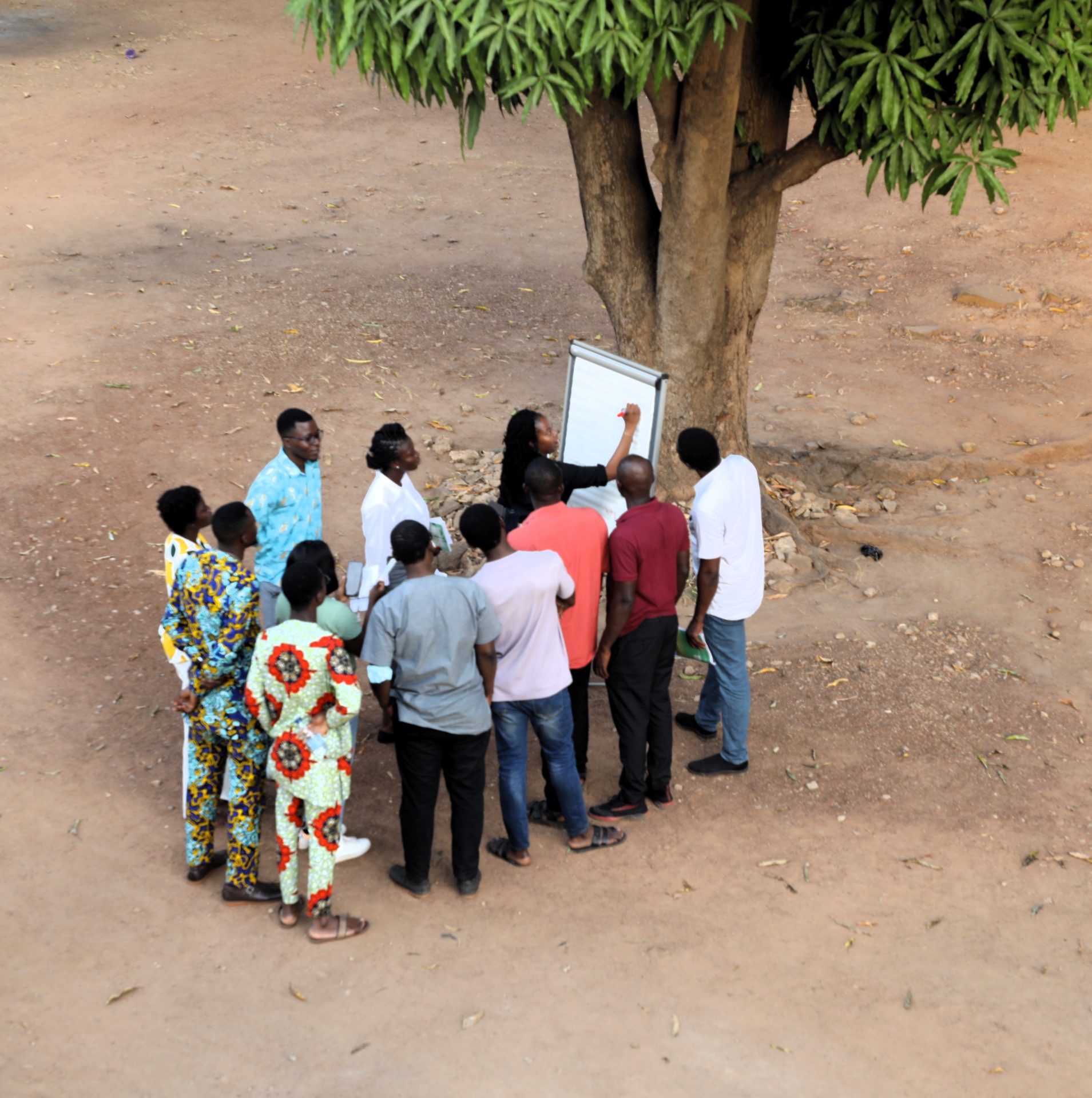

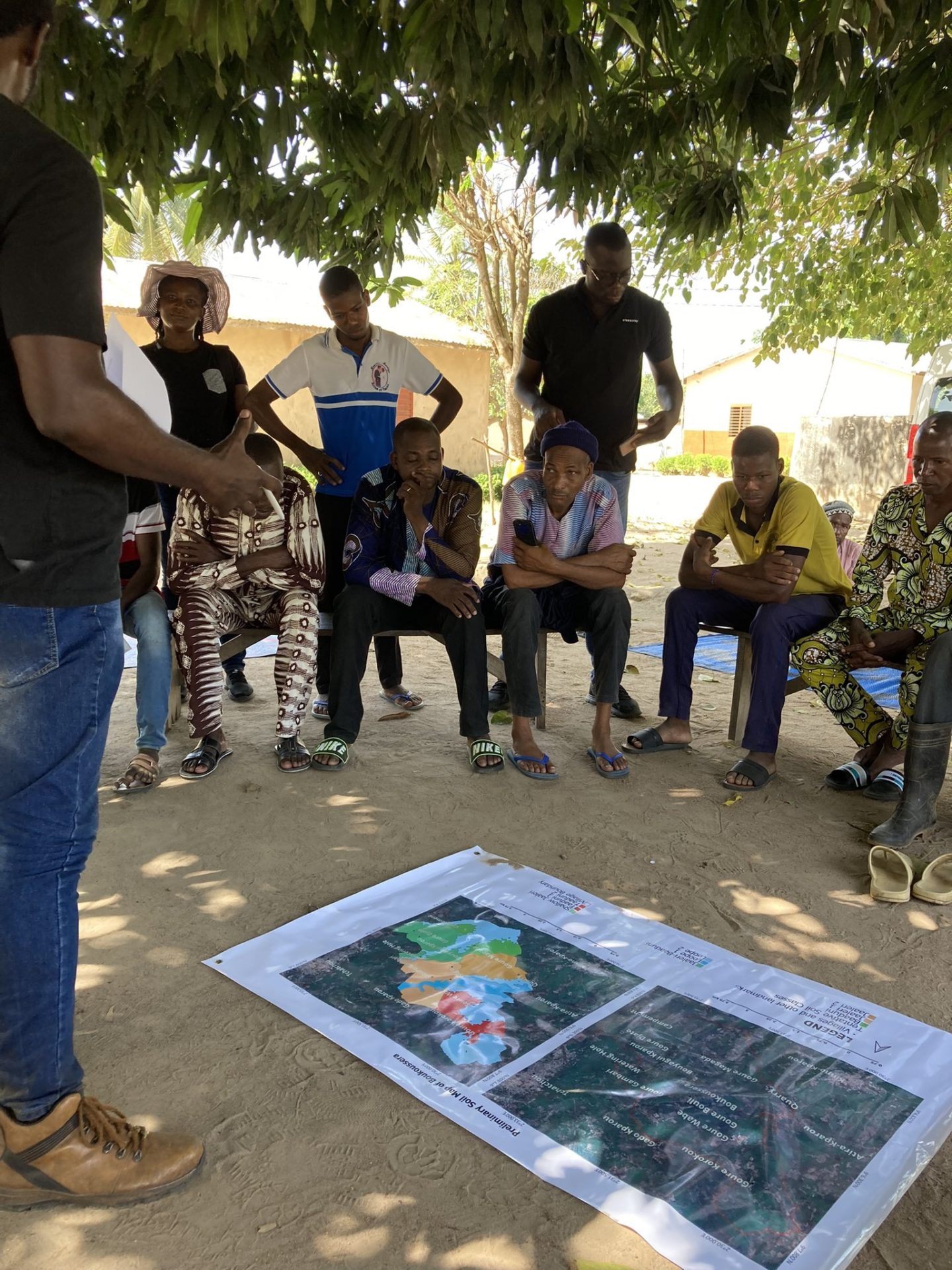
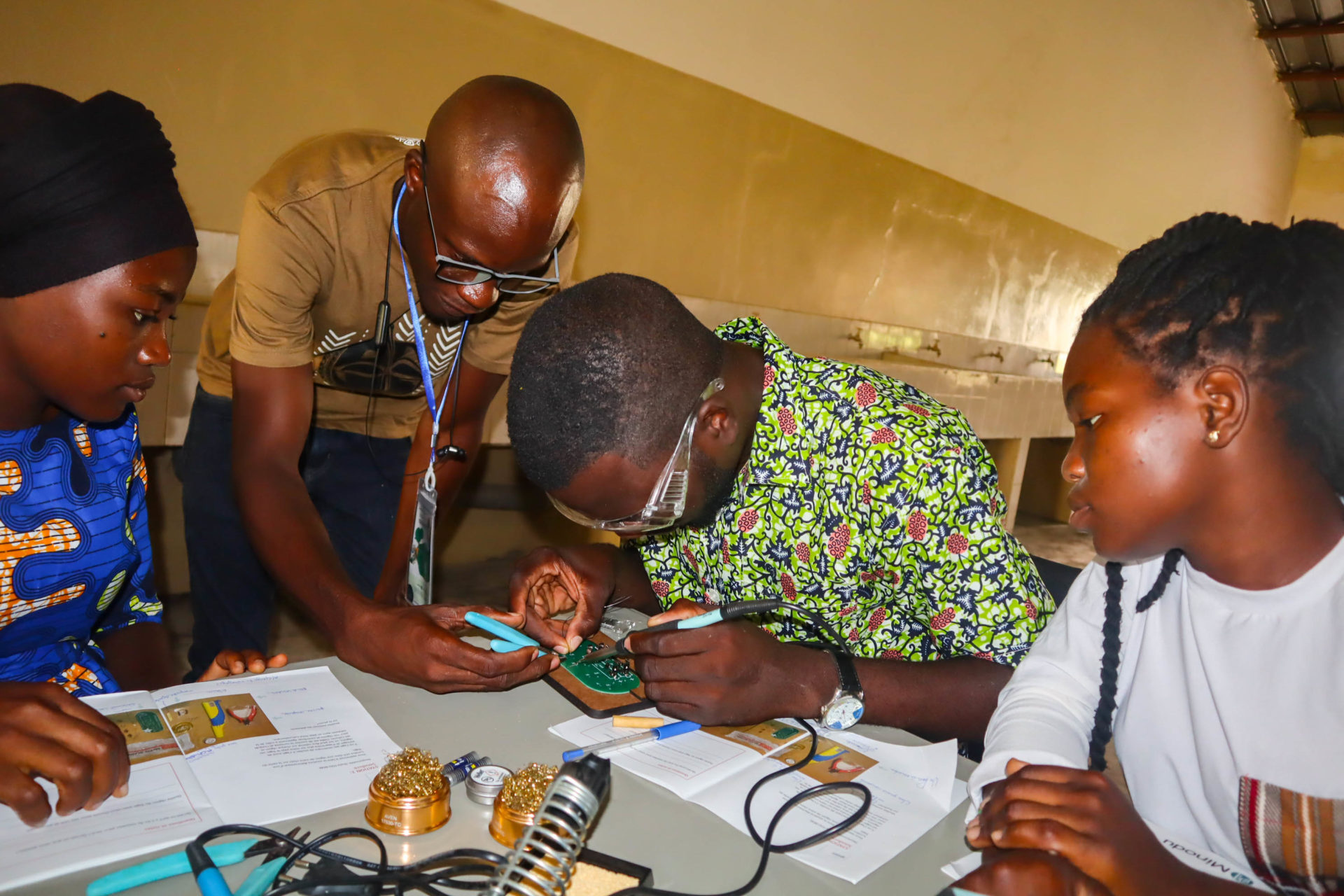
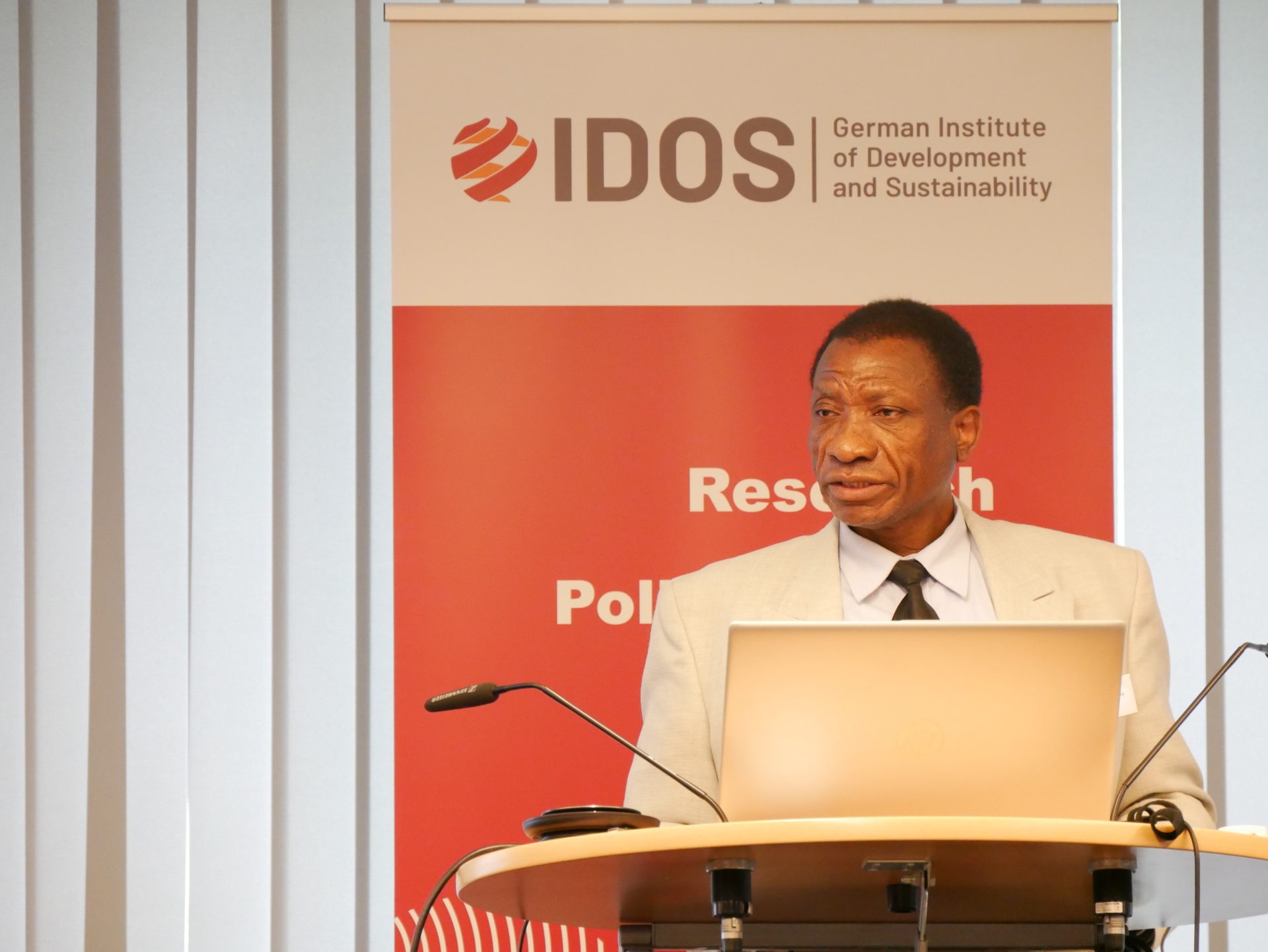
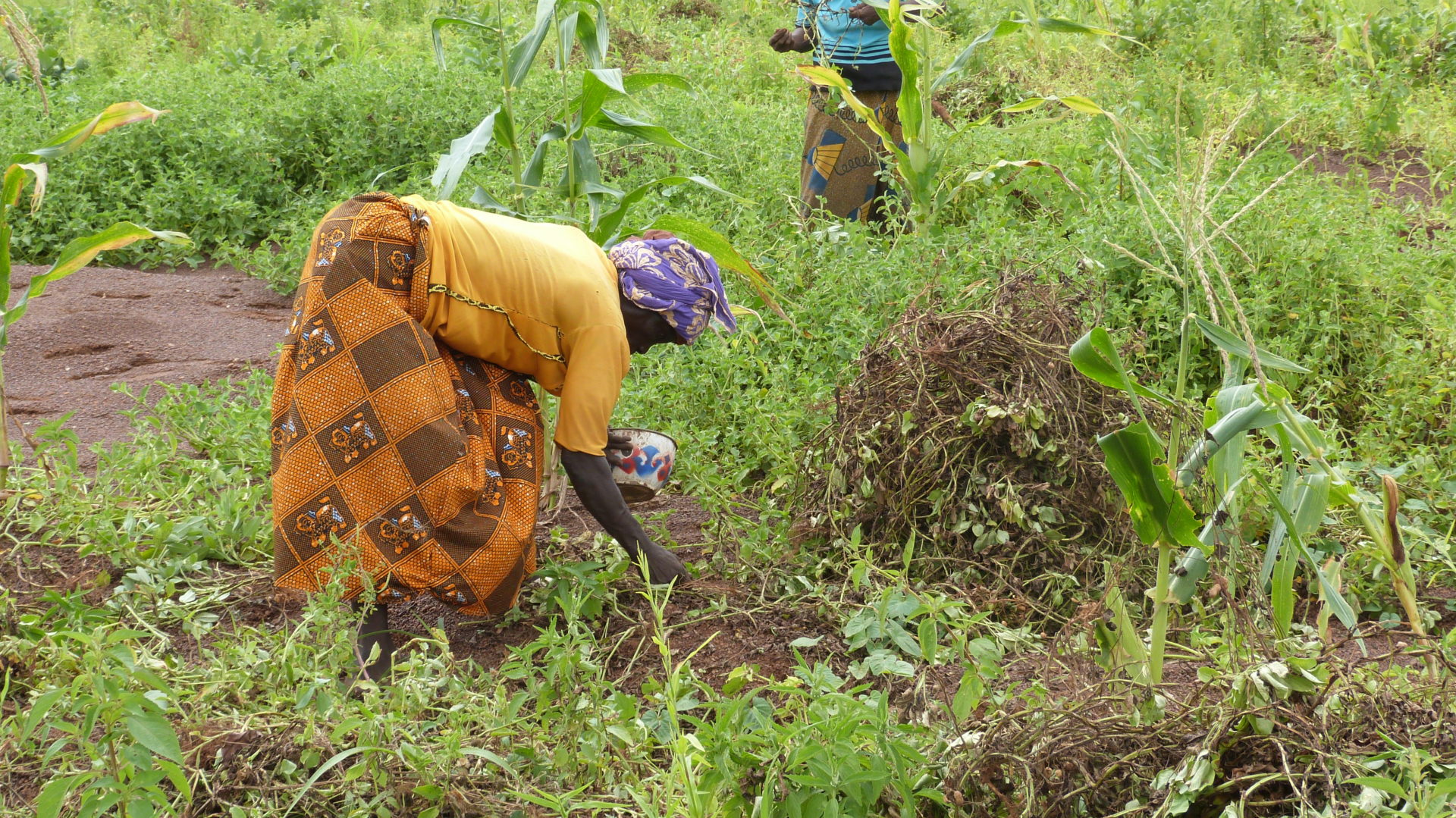
With research teams consolidated and study sites defined, 2024 will bring a lot of data collection across the projects, especially with PhD students getting more fieldwork done having finalised their proposals. Furthermore, there will be a number of internal trainings offered for all project members to learn from each other’s expertise.
Especially COINS, DecLaRe and InfoRange have many field visits planned for the upcoming year. Starting off the year with fieldwork in Senegal for COINS to do a participatory mapping exercise as well as socio-economic survey that is planned for in Ghana. In close collaboration with its partner institutes, InfoRange is also primed for fieldwork on rangeland governance and monitoring, developing a user-friendly animal health reporting system and utilising machine learning for visual rangeland scoring, among others. Also DecLaRe will do fieldwork in 2024 for data collection in Benin and Ghana. INTERFACES will concentrate on research regarding gender, land, incentives linked to implementation in Ghana, along with multi-stakeholder workshops in Senegal and Benin.
Minodu, InfoRange and INTERFACES in particular having made good head way in the first year on education and capacity building, Minodu and InfoRange will continue with the hybrid courses and PhD trainings respectively and INTERFACES with the colloquium series providing a platform for discussions. DecLaRe will continue to make progress in training and capacity building with their 12 PhD students. Furthermore, communication and media training sessions will be offered throughout the year in order to enhance skills and knowledge.
Throughout 2024 INTERFACES will continue its impact-oriented support activities in outreach and networking with the organisation of side-events at international conferences, such as Tropentag as well as FARA-organised events. Furthermore active participation and stakeholder engagement will continue at an array of meetings and events with a focus on Germany, internationally as well as pan-Africa. DecLaRe together with INTERFACES will co-organise a workshop to engage with stakeholders in Benin along with setting up a participatory learning platform. Preliminary arrangements will be set in motion for the upcoming Status Seminar in Ghana in 2025.


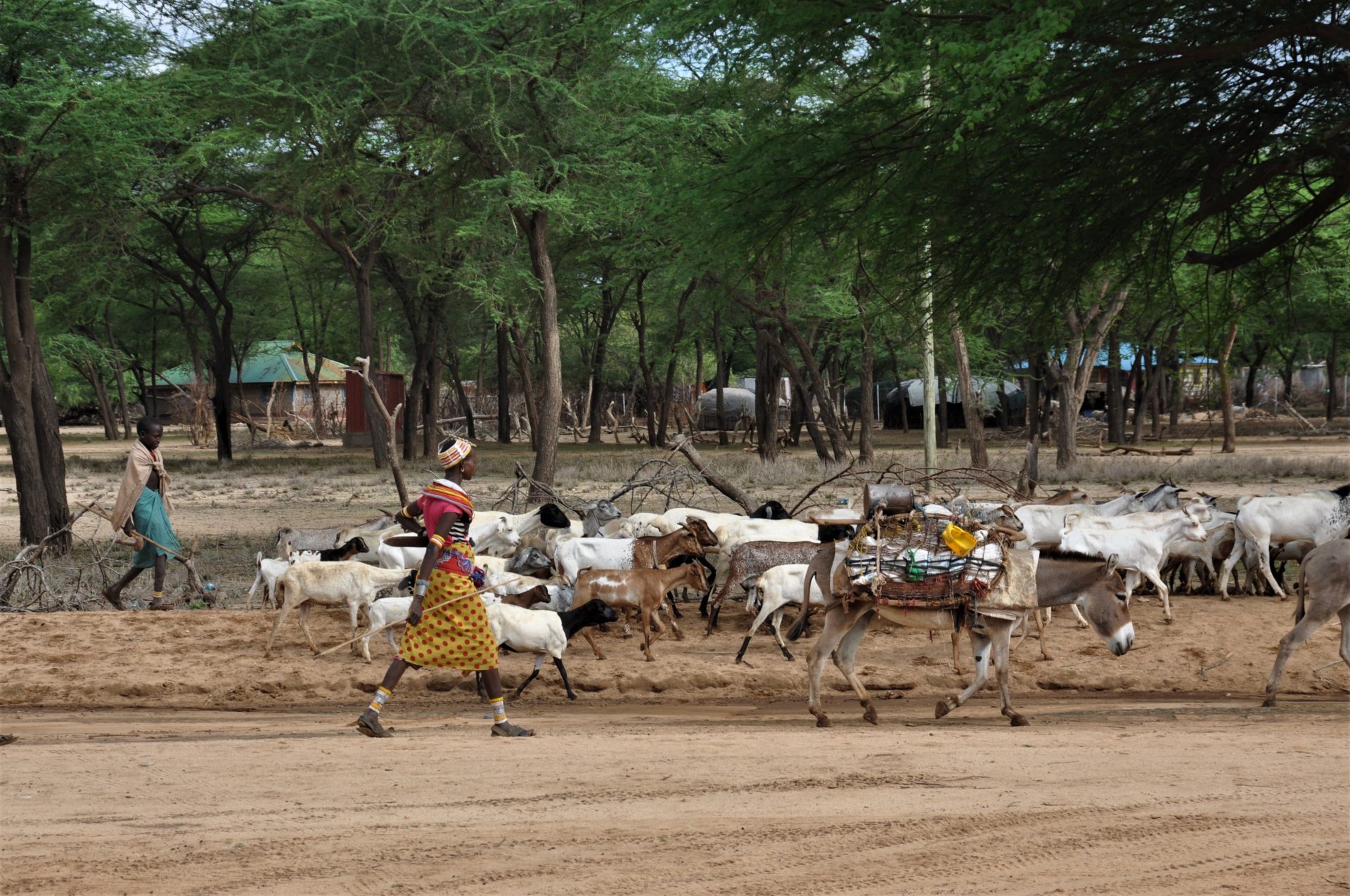
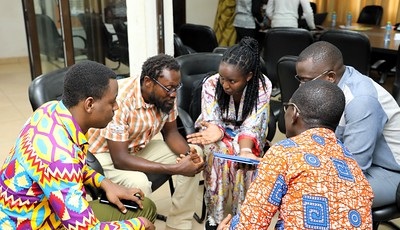
We warmly welcome you to join our growing community on FARA’s D-Groups. This is a forum that encompasses all African and non-African stakeholders committed to enhancing Africa’s agricultural productivity, competitiveness, and markets to help achieve the national, regional, continental, and global SDGs for poverty and hunger reduction, and environmental sustainability. We have our very own community here as well as sub-community for PhD candidates here. We look forward to using this platform for many fruitful discussions and exchanges.
